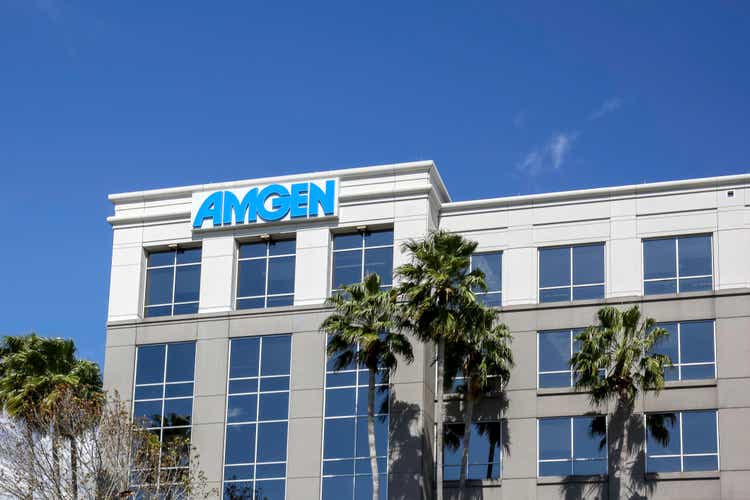Amgen osteoporosis drug Prolia outperforms commonly used therapy

JHVEPhoto
Amgen (NASDAQ:AMGN) announced new data supporting its FDA-approved osteoporosis therapy Prolia (Denosumab) on Monday, highlighting its potential against oral alendronate, a commonly-used medication to treat the bone disorder.
Citing real-world data from 478,651 postmenopausal women aged 66 or older, the company said that Prolia injection reduced the risk of hip fractures and the risk of nonvertebral fractures by 36% and 43% compared to alendronate, respectively.
The retrospective analysis was based on a U.S. Medicare beneficiary database in which patients with no prior osteoporosis treatment had started Prolia (n=89,115) or oral alendronate (n=389,536) between Jan. 1, 2012, and Dec. 31, 2018.
Other highlights of the study indicate the benefit of Prolia in the reduction of the major osteoporotic (MOP) fracture risk, which stood at 18% at year three and 31% at year five compared to alendronate.
Jeff Curtis, professor of medicine at the University of Alabama at Birmingham, noted that the medical community lacks studies that directly compare Prolia and alendronate with fracture as an endpoint. "This comparative effectiveness research employs rigorous methodology that provides important insights that are relevant to the care of women living with osteoporosis," he added.